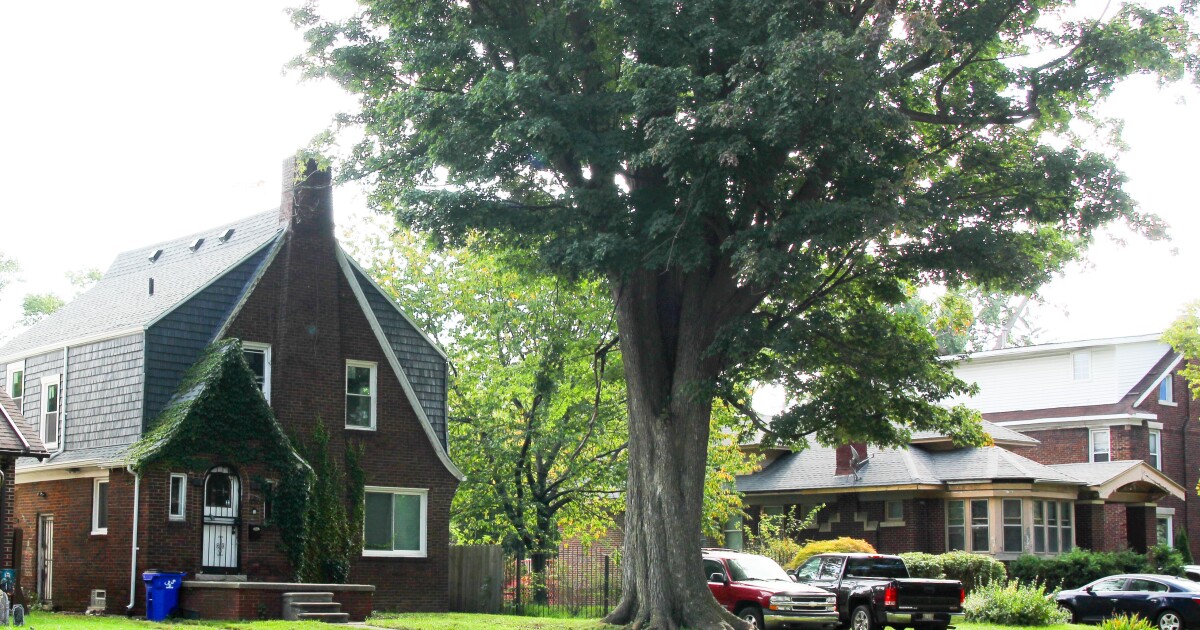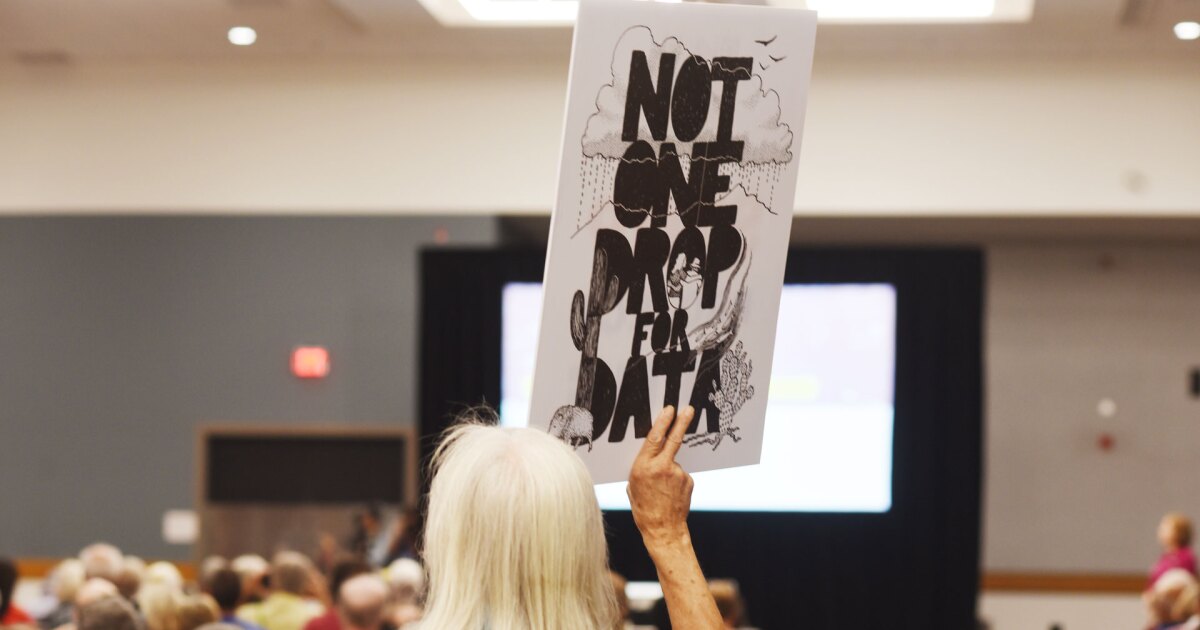Legal Challenges Loom Over Michigan’s New Cannabis Tax
In the wake of Michigan’s recent legislative changes, marijuana enterprises are taking legal steps to prevent the implementation of a new wholesale cannabis tax slated for January. This tax is integral to the state’s freshly approved budget, spearheaded by Governor Gretchen Whitmer, aimed at bolstering road funding.
Governor Whitmer’s initiative includes a 24% tax on the wholesale price of cannabis, designed to support infrastructure projects. However, this has sparked legal contention, as at least two lawsuits have surfaced in the Michigan Court of Claims. Plaintiffs argue that the tax lacks legal standing under the Michigan Regulation and Taxation of Marihuana Act, the 2018 voter-approved proposal which only includes a consumer-paid retail tax.
Stephen Crane, representing Holistic Research Group, stated, “It’s just unconstitutional because what they’re doing is going around what the public wanted, what the public mandated in the ballot initiative.” He emphasized the request for judicial review to deem the law unconstitutional before its enactment.
The Holistic Research Group’s legal filing claims that the state’s decision significantly modifies the existing marijuana law, labeling it as “a punitive excise tax on marihuana licensees.” Additionally, the Michigan Cannabis Industry Association has mounted its own legal challenge against the tax.
While the state has not publicly detailed its justification for the tax’s legality, it is expected to present its arguments in response to the lawsuits. Meanwhile, Governor Whitmer expressed confidence in the tax’s legal standing to The Detroit Free Press, asserting, “We are confident in the legality of the actions that were taken to write this year’s budget, as we are every single year.”
The financial implications are substantial. The tax is projected to contribute $420 million to a $2 billion initiative for state and local road improvements. Critics warn that increased prices might lead consumers to seek alternatives in the black market, potentially diminishing legal sales and revenue.
Discussions around the tax may center on whether it serves primarily as a funding mechanism rather than a regulatory measure. The issue of whether it fundamentally shifts the intent of the original voter-approved initiative is also under scrutiny. Robert LaBrant, a retired constitutional lawyer, highlighted the potential impact on illicit market activity, suggesting this could be a strong argument against the tax’s introduction.
Daniel Rosenbaum, a law professor at Michigan State University, pointed out that the primary focus of the legal battles will likely be on the tax scheme established by voters in 2018. “Did we the voters create an exclusive tax scheme in 2018 when we passed the MRTMA?” he questioned, hinting at the complexities the court will need to address.
The outcome of these cases in the Court of Claims is likely to be contested further, with the Michigan Supreme Court potentially serving as the final decision-maker on the matter.
—
Read More Michigan News










